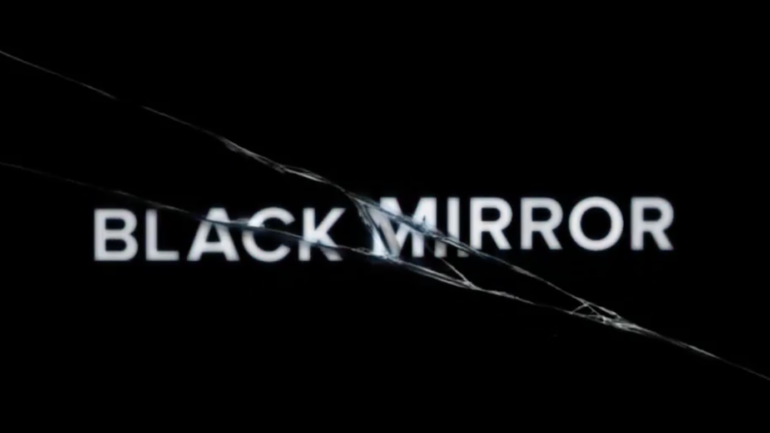Roush Review: A More Hopeful Season of ‘Black Mirror’
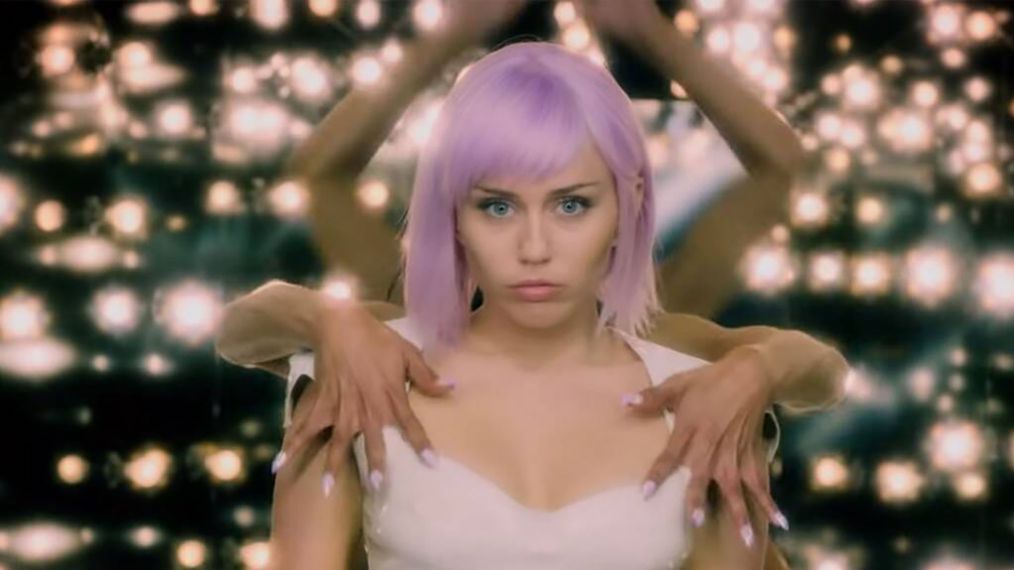
Review
The dangers of technology are a recurring theme in Charlie Brooker’s future-shock anthology, a worthy successor to The Twilight Zone. But in two of the three stories making up Black Mirror’s fifth season, the tone is less despairing and more hopeful, with (dare we say) almost happy endings.
The grimmest tale, “Smithereens,” is a cautionary thriller about our addiction to electronic devices and social media, starring an intense and affecting Andrew Scott (so wonderful as Fleabag’s “hot priest”) as a cab driver who takes one of his fares hostage, a desperate move that he hopes will bring him access — on the phone (but nothing’s perfect) — to a notoriously remote Mark Zuckerberg-like guru, well underplayed by Topher Grace.
As the standoff spirals further out of control, a tragic backstory emerges, and yet even when things get bleak, there’s a moment of grace before it’s over.
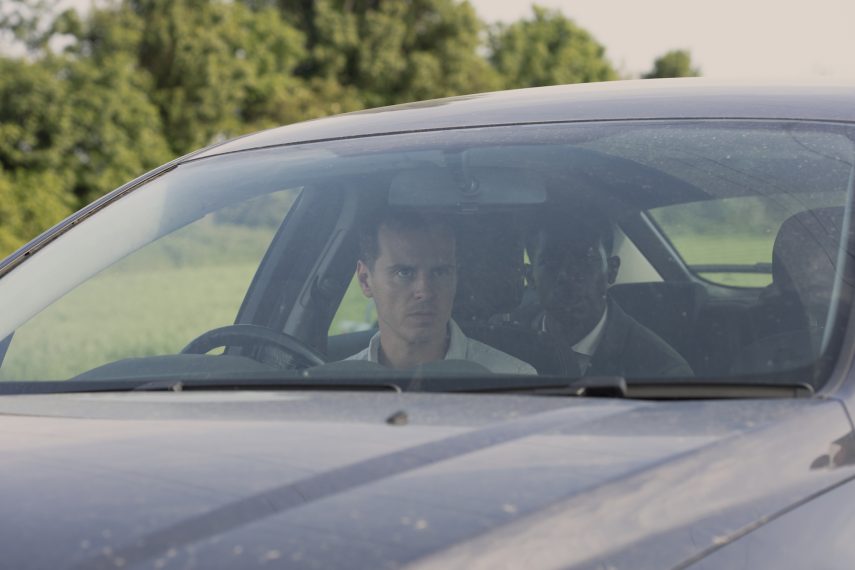
“Smithereens” (Netflix)
The tone is much kinkier and funkier in the “Striking Vipers” episode, in which Anthony Mackie and Yahya Abdul-Mateen II are buds who discover unexpected desires through their virtual video-game avatars.
Not much more can be said about this without spoiling the fun, but the vignette is also a good showcase for Sleepy Hollow‘s Nicole Beharie as Mackie’s wife, who understandably feels neglected when Mackie goes all in on the VR.
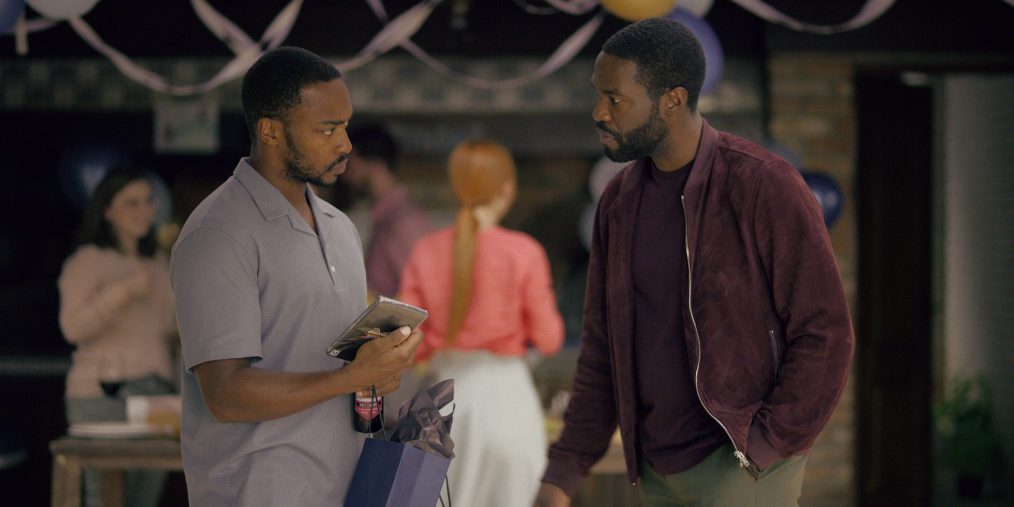
“Striking Vipers” (Netflix)
In the most purely enjoyable hour, “Rachel, Jack and Ashley Too,” Miley Cyrus is a delight as a pop star whose voice (and maybe more) is transplanted into a robot toy marketed to her avid fans.
When one of the new models goes beyond self-affirming platitudes to take on a life of its own, the ensuing adventure is more reminiscent of Ron Howard-style uplift than Rod Serling creepiness.
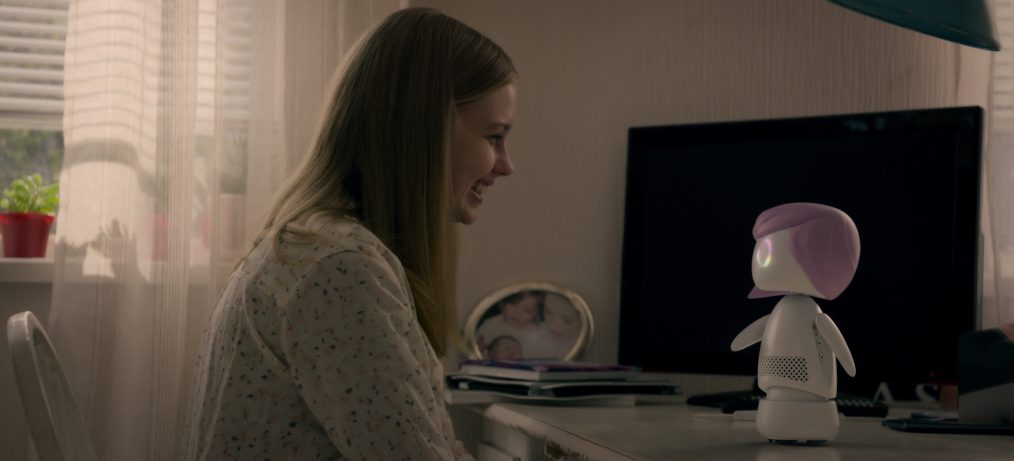
“Rachel, Jack and Ashley Too” (Netflix)
Given the current state of the world, it’s not such a bad change of pace to be left smiling after these glimpses into a mirror that’s not as dark as usual.
Black Mirror, Season 5 Premiere, Wednesday, June 5, Netflix




